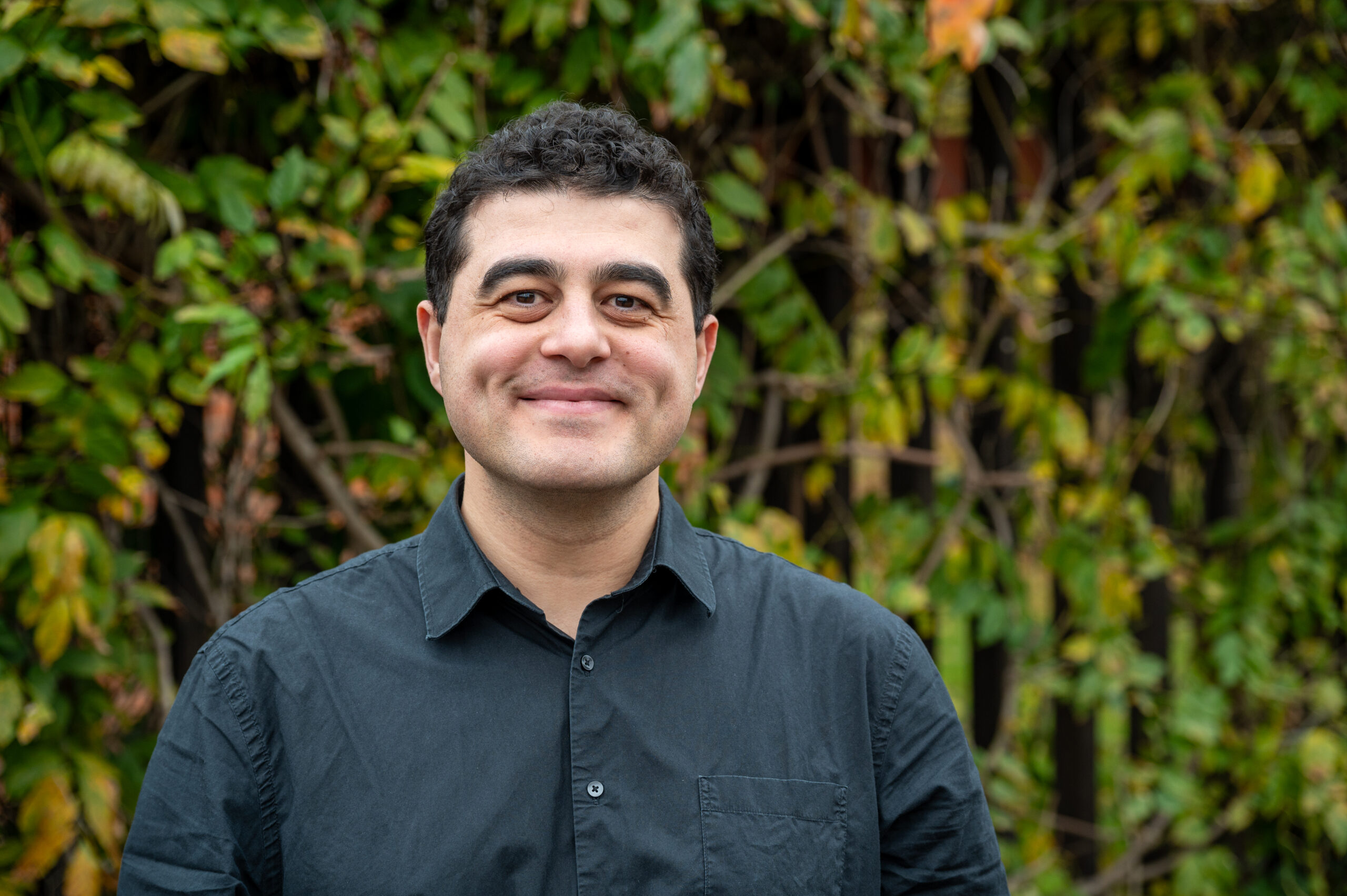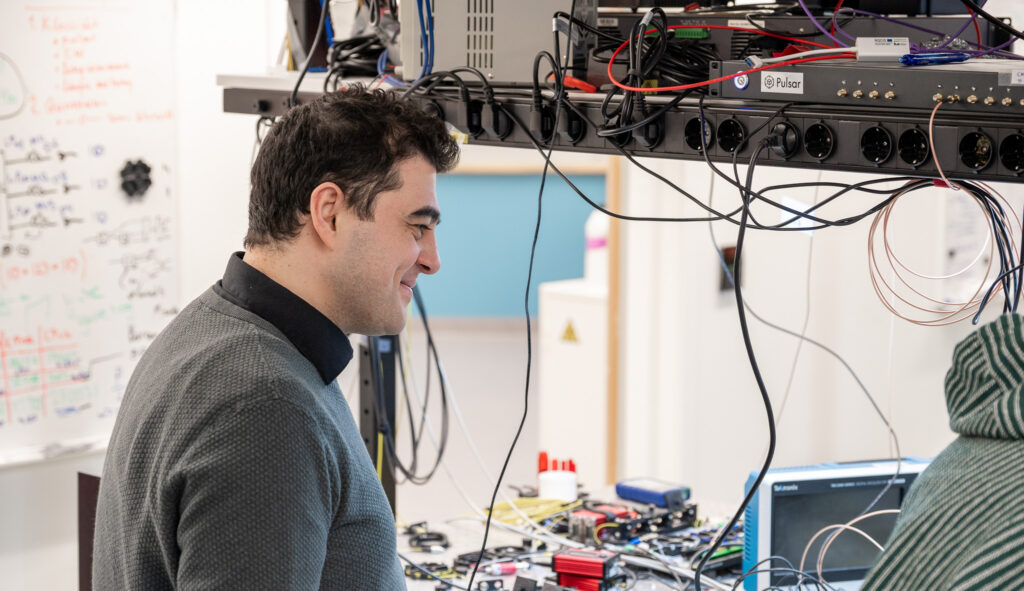
To tackle the grand challenge of post-quantum cryptography (PQC) transition, Onur Günlü was recently granted the SSF 2024 Industrial Ph.D. grant. We spoke with him about randomized algorithms, diversity and inclusion projects, and his ambition to establish a highly innovative research group in information and computation theory.
Onur Günlü, Associate Professor at the Division of Information Coding (ICG), Linköping University, moved from Germany to Sweden in October 2022. This is also when he started working as an ELLIIT Recruited Faculty member, specifically focusing on Information-Theoretic Privacy and Security.
Please, tell us about your research interests.
I have a broad range of research interests, particularly in cutting-edge communication and computation technologies. I think the common theme of my research areas is “randomized algorithms”, which are relevant for information-theoretic privacy and security topics as well as distributed computation methods.
Where did you find your interest in this research area?
During my undergraduate studies, I took several signal processing and probability theory courses. Building on this strong foundation, I explored wireless communication from a fundamental perspective by leveraging Shannon’s information theory. My research on information-theoretic security arose from the realization that many purported security results in the literature can be invalidated through information-theoretic analysis. This insight inspired me to pursue a research direction that not only claims to provide trust but demonstrates it in a provable manner.
In your own words, please summarize your work within this research area.
I establish the ultimate performance limits for future communication and computation systems to design (randomized) algorithms that approach the fundamental performance limits with low complexity. The applications of my works include distributed function computation, secure integrated sensing and communication, physical unclonable functions, private federated learning, etc.

Do you have any active projects within ELLIIT?
I am leading a diversity and inclusion project with support from ELLIIT. As a part of this project, I am organizing the “2025 Women in Information and Coding Theory Workshop (WICT)” in LiU Valla Campus on March 13-14, 2025. Top female researchers in these areas will provide in-depth tutorials on relevant topics, including a general introduction to the “Information Theory” research area, which was established by Claude E. Shannon in 1948.
There is a lot of exciting work happening at your division ICG at Linköping University. Could you tell us something about that?
ICG has been growing since I joined in 2022, and we have recently begun focusing on research topics that are critically important to both society and industry. One such topic is the migration to post-quantum cryptography (PQC), which involves replacing current cryptographic methods with those that remain secure even against attackers equipped with powerful quantum computers. At present, it is unlikely that anyone possesses such quantum capabilities. However, adversaries can store encrypted data now and decrypt it later, once quantum resources become available. Therefore, it is essential to transition away from current cryptographic schemes to PQC solutions soon. This shift, though, must be carried out carefully to ensure that security remains uncompromised. In collaboration with Sectra Communications AB, we are developing novel algorithms for this purpose, leveraging our expertise in information theory, deep learning, and cryptology. Additionally, we are exploring quantum key distribution (QKD) algorithms as another promising quantum-safe approach. Beyond these areas, we also conduct research in quantum communication and algorithms, private federated and reinforcement learning, and digital forensics using artificial intelligence (AI).
What are your ambitions with ELLIIT in the future?
With the support of ELLIIT, my goal is to establish an internationally renowned, highly innovative research group in information and computation theory—recognized for its scientific excellence—and to inspire and educate future generations about the elegance of information theory and its applications in almost any cutting-edge research domain that relies on some form of randomized algorithms.
Is there anything else you’re working on that you’d like to highlight?
I am happy to invite all ELLIIT researchers to the “2025 Women in Information and Coding Theory Workshop (WICT)” I am organizing in LiU Valla Campus on March 13-14, 2025. I am sure that it will be a great event for anyone who wants to learn the fundamentals and cutting-edge applications of information theory from top, international female researchers. The registration deadline is March 1, 2025; see link below.
And finally, what do you enjoy doing in your free time outside of academia?
I am a passionate history enthusiast, particularly interested in the 11th and 20th centuries. I frequently read books—though fewer since 2022—and watch documentaries and movies about historical events and figures.
Contact and more
Read more about Onur Günlü‘s research, projects and collaborations, and find contact information here.
Previous Meet the Recruited Faculty
See more interviews from our series Meet the Recruited Faculty here.
WICT registration
Read more about, and register for, the 2025 Women in Information and Coding Theory Workshop (WICT).
